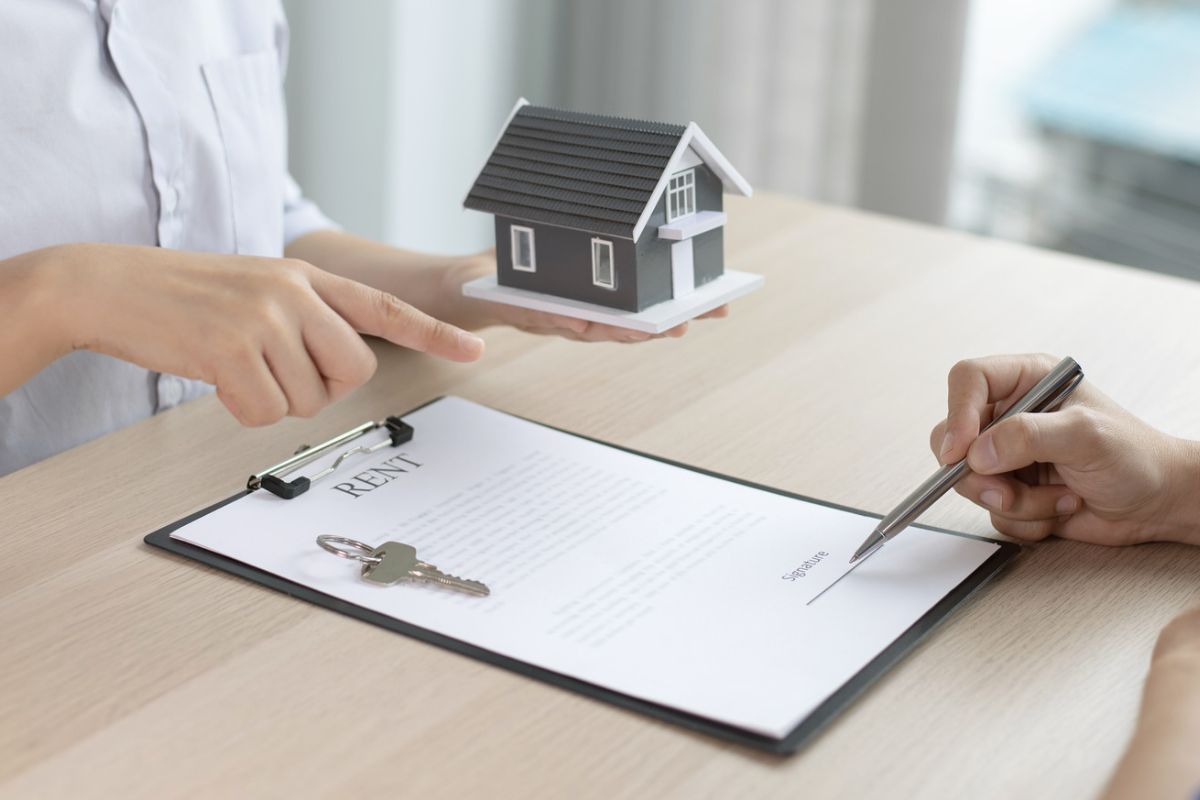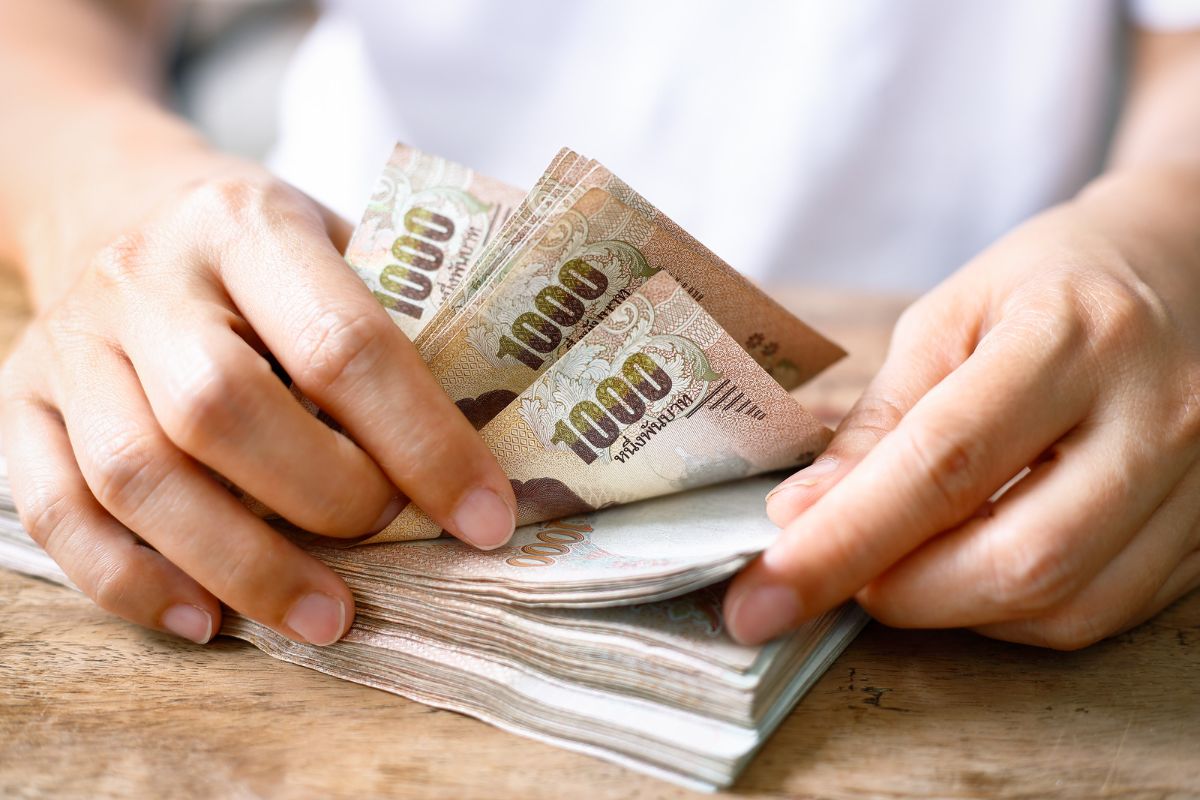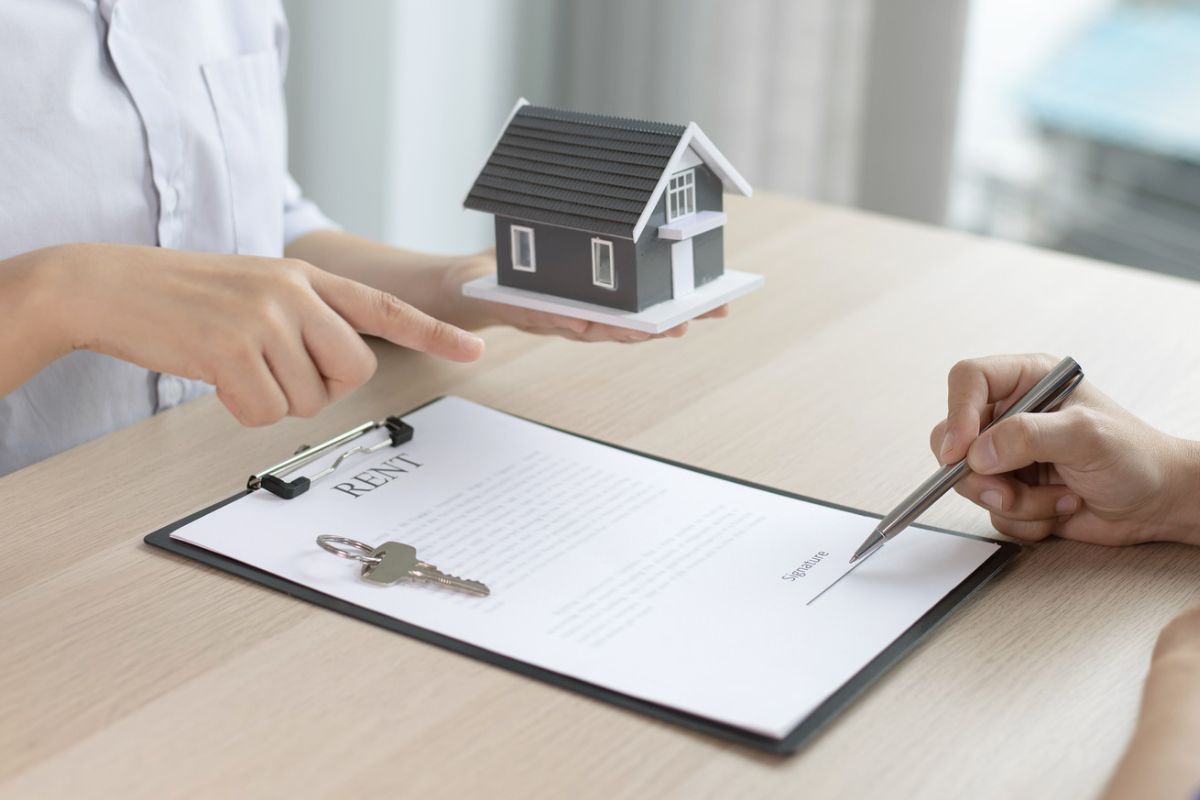
Renting a property in Thailand can be an exciting adventure, but it's crucial to understand the ins and outs of rental agreements in the country. This guide will walk you through the essential elements of renting agreements in Thailand, offering tips and advice to ensure a smooth rental experience. Whether you're a first-time renter or a seasoned expat, this information will help you navigate the Thai rental market with confidence. For more information about renting in Pattaya, be sure to check out our Ultimate Guide on Renting Apartments in Pattaya.
Rental agreements in Thailand are legally binding contracts between landlords and tenants, outlining the terms and conditions of a property rental. They protect both parties' rights and interests, so it's crucial to understand the various aspects of these agreements.
There are two primary types of rental agreements in Thailand: short-term and long-term agreements. Short-term agreements typically last for up to three months, while long-term agreements usually cover a period of one year or more. Regardless of the type, both agreements should include specific details about the rental property, payment terms, and the rights and responsibilities of both parties.
In Thailand, rental agreements are subject to the Civil and Commercial Code. Although rental contracts do not legally require a written agreement, having one in place is highly recommended to ensure both parties understand their rights and obligations. Additionally, Thai law requires landlords to register rental contracts with the local land office if the lease term is more than three years.

A well-structured rental agreement should cover several essential elements, including:
The agreement should clearly identify the landlord and tenant, including their full names, addresses, and contact information.
The renting agreement should include a detailed description of the rental property, such as its address, type (e.g., condominium, house, etc.), and any provided furnishings or appliances.
The duration of the rental agreement should be clearly specified, including the start and end dates. Additionally, any options for renewal or extension should be outlined.
The rental agreement should state the monthly rent amount, payment due dates, and any late fees or penalties for missed payments. It should also specify the accepted payment methods and any additional charges, such as utility bills or common area maintenance fees.
A security deposit is typically required to protect the landlord from potential damages or unpaid rent. The renting agreement should specify the deposit amount, usually equivalent to one or two months' rent, and the terms for its return at the end of the lease.

The rental agreement should outline the responsibilities of both the landlord and tenant for maintaining the property and addressing necessary repairs. Generally, the landlord is responsible for major repairs, while the tenant handles minor maintenance and upkeep.
The agreement should include any specific rules and regulations governing the property, such as noise restrictions, pet policies, and guidelines for using common areas. Tenants should be aware of these rules to avoid potential conflicts or penalties.

The rental agreement should state the conditions that allow either party to terminate the contract and specify the required notice period for ending the lease. Typically, a 30-day written notice is necessary for both landlords and tenants.
When entering a rental agreement in Thailand, keep the following tips in mind:
Familiarize yourself with Thai rental laws and regulations to ensure you understand your rights and obligations as a tenant.
Before signing a rental agreement, read it thoroughly to ensure you fully understand its terms and conditions. If necessary, seek the help of a legal professional or a native Thai speaker to assist you.
Don't be afraid to negotiate the rental terms with your prospective landlord. While some terms may be non-negotiable, others, such as rent amount, security deposit, or maintenance responsibilities, may be open to discussion.
If you're unsure about any aspect of your rental agreement or need help navigating the legal process, consider consulting a Thai lawyer or legal professional experienced in rental law. They can provide valuable advice and help ensure your rights are protected.

Renting a property in Thailand can be a rewarding experience, but it's essential to understand the ins and outs of rental agreements in the country. By familiarizing yourself with the key components of a Thai rental agreement, knowing your rights, and seeking legal assistance when necessary, you can ensure a smooth and successful rental experience.
While there's no legal requirement for rental agreements to be written in Thai, it's recommended to have both English and Thai versions to ensure clear communication and understanding between both parties.
Subletting or sharing your rented property may be allowed, but it depends on the terms of your rental agreement. Always check with your landlord and review the agreement before subletting or sharing the property.
Your rental agreement should outline the terms for early termination. Generally, you might need to forfeit your security deposit or pay a penalty equivalent to a certain number of months' rent.
Rent increases during the rental term should be specified in the agreement. If the agreement is silent on this issue, the landlord cannot increase the rent without the tenant's consent.
In case of a dispute with your landlord, attempt to resolve the issue amicably through open communication. When necessary, consider seeking legal assistance to mediate the dispute or represent your interests in court.
Pattaya is renowned for its beautiful beaches, vibrant nightlife, and excellent golf courses. As a golfer, you can enjoy playing on world-class courses while taking in the stunning views of the city. This comprehensive guide will provide you with an overview of Pattaya's best golf courses, golfing communities, and how to find the perfect golf course homes fo...
Pattaya, a lively beach city, has rapidly transformed into an attractive residential hotspot. This city provides a myriad of real estate choices, appealing to both investors and future homeowners. Among these choices, affordable condos for sale in Pattaya stand out due to their blend of affordability, security, and excellent amenities. In this article, we're...
By continuing to use this website, we will assume you are happy to receive carefully selected cookies. Do you accept these cookies and the processing of personal data involved?


